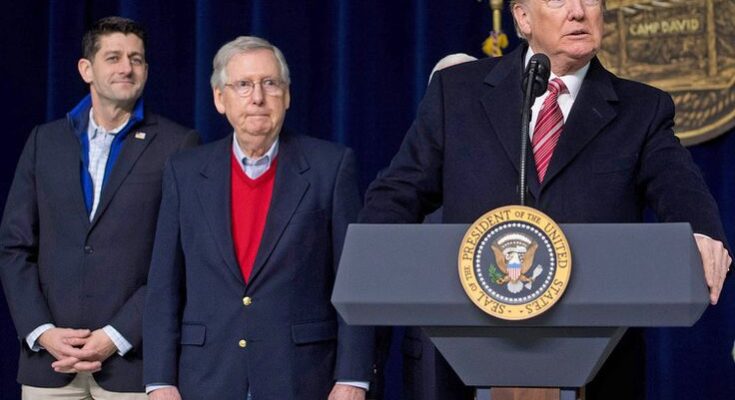In a bold and strategic move, former President Donald Trump has nominated Devin Nunes, the CEO of Truth Social, for a significant intelligence role.

The decision, made public in late 2023, has raised eyebrows across the political spectrum, with commentators and analysts questioning its implications for U.S. intelligence operations and national security. Nunes, a former Republican congressman from California, is a long-time ally of Trump, and his appointment signals not only the continued influence of the former president but also underscores the increasingly intertwined relationship between Trump’s political empire and the world of social media.
Background: Devin Nunes’ Political and Corporate Career
Devin Nunes’ career has been one marked by controversy and loyalty to Trump. A former chair of the House Intelligence Committee, Nunes was a key figure in the investigation into Russian interference in the 2016 U.S. presidential election. He became known for his staunch defense of Trump during the impeachment inquiry in 2019, earning praise from Trump supporters and criticism from Democrats who saw his actions as politically motivated.
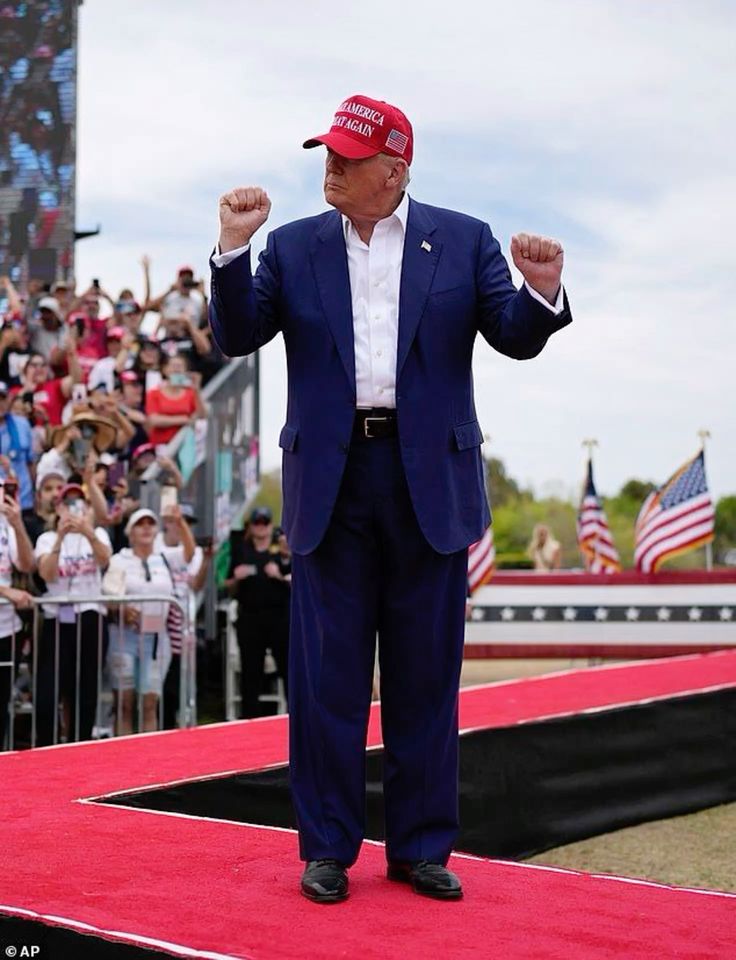
Nunes’ tenure on the House Intelligence Committee was also characterized by his efforts to discredit the findings of the Mueller investigation into Russian interference, with Nunes questioning the integrity of intelligence agencies and framing much of the narrative as a partisan attack on Trump. His stance earned him both admiration from conservatives and deep disdain from many within the intelligence community, who accused him of undermining crucial investigations into foreign influence in U.S. politics.
In early 2021, Nunes left Congress to become the CEO of Truth Social, the social media platform founded by Trump’s media company, Trump Media & Technology Group (TMTG). Truth Social was established as a conservative alternative to mainstream social media platforms like Twitter and Facebook, positioning itself as a refuge for free speech. While the platform has faced technical challenges and slow user growth, its launch was widely seen as part of Trump’s broader effort to maintain influence outside the traditional media channels that have often been hostile to him.
Nunes’ Appointment to the Intelligence Role
The decision to appoint Nunes to a senior intelligence role is both surprising and strategic. Trump, who has consistently questioned the competence and loyalty of U.S. intelligence agencies, has frequently referred to the “Deep State” — a term that denotes an alleged shadowy group of bureaucrats and officials who act against the will of the elected government. By choosing Nunes, Trump seems to be placing a trusted ally in a position of influence over U.S. intelligence operations, signaling a potential shift in how intelligence gathering and analysis might be conducted under his influence.

The exact nature of the intelligence position that Nunes will fill has not been fully disclosed, but analysts speculate that it could involve oversight of intelligence agencies like the CIA, FBI, and NSA, or even a role in shaping intelligence policy. Given Nunes’ history of challenging the mainstream intelligence community, this appointment has raised concerns that he might use the role to further politicize intelligence functions and undermine independent analysis. The political ramifications of this move are vast, especially considering the growing divide between the Trump-aligned Republican establishment and the federal bureaucracy, which is often viewed with skepticism by Trump and his supporters.
The Trump-Nunes Relationship: A Deep Political Bond
Nunes’ loyalty to Trump is well-documented, and his role as CEO of Truth Social further underscores his close relationship with the former president. In many ways, Nunes has become one of Trump’s most steadfast defenders, particularly in matters related to social media and public relations. His transition from Congress to Truth Social was framed as a natural next step, with Nunes positioned as a key player in Trump’s media empire.
Nunes’ deep political bond with Trump is rooted in shared ideological views, particularly on issues such as immigration, law and order, and conservative social values. Nunes, who represented California’s 22nd Congressional District, has built his political brand around supporting the interests of rural, conservative voters and challenging the progressive agenda of the Democratic Party. His work on Truth Social reflects these values, as the platform has sought to carve out a niche as a bastion for conservative voices that feel marginalized by platforms like Twitter, Facebook, and YouTube.
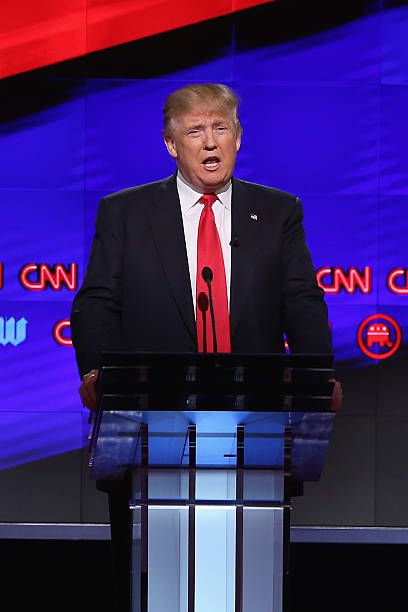
This close alliance between Trump and Nunes is likely to play a central role in Nunes’ new intelligence position. It is almost certain that Nunes will be tasked with implementing policies that align with Trump’s worldview, which may involve pushing back against the influence of traditional intelligence agencies and promoting a more overtly political approach to intelligence. This could have far-reaching implications, particularly in terms of the credibility of U.S. intelligence operations both domestically and abroad.
The Implications for U.S. Intelligence
The appointment of a figure like Nunes to a high-level intelligence role could alter the dynamics of the U.S. intelligence community in profound ways. Historically, intelligence agencies have operated with a degree of independence from political influence, although the relationship between intelligence and politics has always been complex. Agencies like the CIA, NSA, and FBI have traditionally worked to provide unbiased, objective analysis to policymakers, regardless of political affiliation. However, under Trump’s administration, the intelligence community was often viewed with suspicion by the president and his supporters, especially when intelligence assessments contradicted his political agenda.

Nunes’ appointment raises questions about whether intelligence operations will become more partisan or ideologically driven. Critics argue that placing someone with Nunes’ political background in charge of intelligence could lead to a politicization of national security matters, making it harder for U.S. intelligence agencies to operate without fear of political retribution. Given Nunes’ history of questioning the integrity of intelligence agencies, his appointment could signal a further erosion of trust in these institutions among Trump’s base.
One concern is that Nunes might prioritize political loyalty over professional expertise in intelligence matters. Intelligence gathering is an inherently complex and nuanced task that requires a deep understanding of geopolitics, technology, and human behavior. A shift toward a more politically charged approach could risk compromising the accuracy and reliability of intelligence assessments, which are critical to national security.
Additionally, Nunes’ appointment could exacerbate tensions between the Trump administration and other political factions in the U.S. By inserting one of Trump’s most loyal allies into a role that is central to national security, critics fear that intelligence assessments could be filtered through a political lens, undermining their integrity.
The Response from Critics and Supporters
The announcement of Nunes’ appointment has sparked a range of reactions, from fierce support among Trump loyalists to sharp criticism from Democrats and intelligence professionals. Supporters of the move argue that Nunes, with his experience in Congress and his close ties to Trump, will be able to bring much-needed oversight to the intelligence community, which they perceive as having been hostile to the Trump agenda. They believe that Nunes will prioritize national security over bureaucratic infighting and will work to ensure that intelligence agencies are accountable to the president.
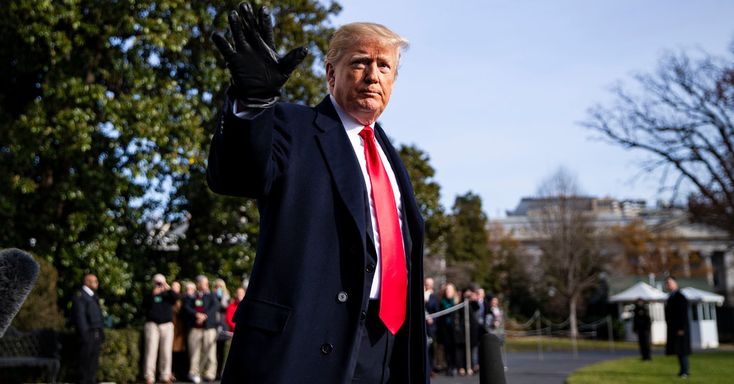
On the other hand, critics argue that Nunes’ lack of experience in intelligence matters and his history of undermining investigative processes make him a poor choice for such a critical role. They worry that his appointment could further erode trust in the intelligence community and create an environment where political considerations take precedence over national security concerns. This could have long-term consequences for the effectiveness of U.S. intelligence operations, particularly as global threats evolve and become more complex.
Conclusion: A Test of Political Loyalty vs. National Security
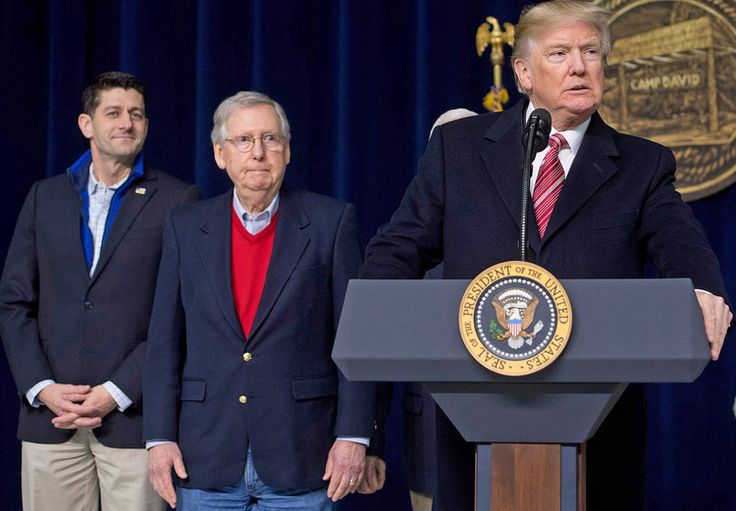
In the end, Trump’s decision to appoint Devin Nunes to a high-level intelligence role reflects the continued centrality of loyalty and political allegiance in his post-presidency endeavors. Whether this move will benefit U.S. intelligence or undermine it remains to be seen. What is clear is that the appointment will continue to stoke the political divisions that have come to define American politics in the Trump era. As Nunes takes on this new role, the nation will be watching closely to see whether his approach will prioritize partisan loyalty or the broader interests of national security.
